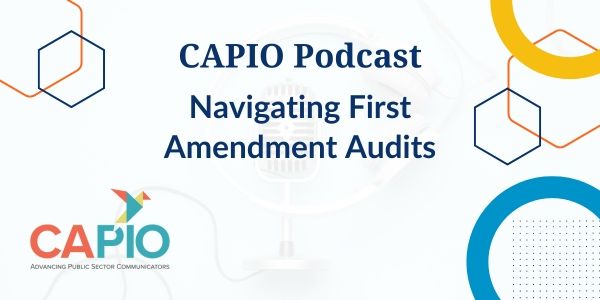Keys to Performance Management – Part 1

Performance Management…It’s Not “One Thing”
Part 1
by Bobbi Bennett, MA, PHR, IMPA-CP
RGS Human Resources Advisor
As a supervisor, one of your core responsibilities is to ensure the mission of your agency is accomplished. To facilitate this, workplace performance must be optimized in support of the agency’s goals. This article discusses how the supervisor can make a difference in the organization in which they work and for the group that they supervise.
Successful on-the-job performance is dependent upon effective supervision. Performance management is not “one thing” but everything you do. Year after year, the Best Place to Work in the Federal Government surveys shows the number one reason employees leave or stay with their jobs is due to their supervisor. Being an effective supervisor is something within your control.
You cannot be an effective supervisor without being a leader. Commit now to being a solid leader. Don’t just give it lip service; take action. You need to:
- Be a leader every day.
You are the work group’s engine that is driving the direction of the work. You can’t lead by sitting in your office and not interacting with those you supervise.
- Remember that you are not a technician but a leader. Act it!
Everything you say and do demonstrates who you are as a leader. What message are you putting out there? It is fine to have knowledge, but you no longer need to be the technical expert.
- Create an environment in which each employee can excel.
Make it ok to make mistake or be a creative problem solver.
- Be a coach not a dictator.
Respect your employees. Recognize and act upon daily training/coaching moments. There are many, and you do not need to look hard to find them.
- Set clear expectations.
Employees need a road map of how you measure success and what level of performance you expect of them. Without that road map, how can they arrive to the goal efficiently and effectively? Additionally, you must know each employees’ strengths and short comings they bring to the team so you can maximize the combined talents of your team.
- Hold employees accountable.
What you ignore is what you promote. What are you promoting? Set the performance bar for each employee and hold it. Be reasonable and flexible as needed. And ignoring behavior eventually comes back to haunt you.
- Supervise employees’ day-to-day performance.
Check-in daily with those you supervise. It doesn’t have to be a long event but each interaction can provide ongoing informal feedback and encouragement.
Understanding what drives employee satisfaction, will help you develop you plan in being a better leader.
- Leadership.
Employees expect to have good leaders who generate high levels of motivation and commitment. These leaders provide transparency and accountability.
- Work is important.
Employees need to know that the work they do is important. Saying thank you often goes a long way to accomplish that.
- Empowered.
Hand-in-hand with being valued is the empowerment to make appropriate level decisions. Allowing decision-making is a compliment to the employee’s knowledge, skills and abilities. Holding on to the decisions hinder the growth of your staff.
- Work contributes to success.
Employees need to know how their work contributes to the agency’s and department’s success. It makes employees know that the work being done makes a difference. No one likes wasting their time. Make sure your employees know how vital their work is to the agency’s and department’s combined success.
Supervising and leading employees’ day-to-day performance is not an additional duty. It is the primary duty of a supervisor. It can’t be delegated since only you can provide detailed, job-specific, and meaningful feedback employees need. Being a leader is completely within your control. Even if you don’t have full control over your agency or department, you can motivate employees, value employees and coach them on the professional development path.
Understanding and embracing that performance management is not “one thing” but everything a supervisor does to convey a clear message and solid direction to employees is key to you and those you supervise being successful. So I would challenge you to ask yourself what’s stopping you from being the type of supervisor who can deliver this!
Share this article
Stay Up-To-Date - Follow RGS on LinkedIn:
Latest articles
January 21, 2025
January 21, 2025
January 21, 2025



